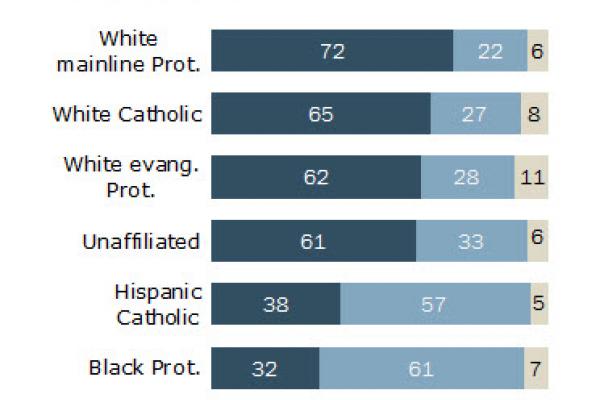Death may be inevitable, but one in three Americans – including most blacks and Hispanics – want doctors to never quit fighting it.
And that number has nearly doubled in 23 years, a new survey finds.
In 1990, 15 percent of U.S. adults said doctors should do everything possible for a patient, even in the face of incurable illness and pain. Today, 31 percent hold that view, according to a report released Thursday by the Pew Research Center’s Religion & Public Life Project.
The majority of U.S. adults (66 percent) still say there are circumstances when a patient should be allowed to die. At the same time, however, the never-say-die view calling for nonstop aggressive treatment has increased across every religion, race, ethnicity, and level of education.
Read the Full Article

